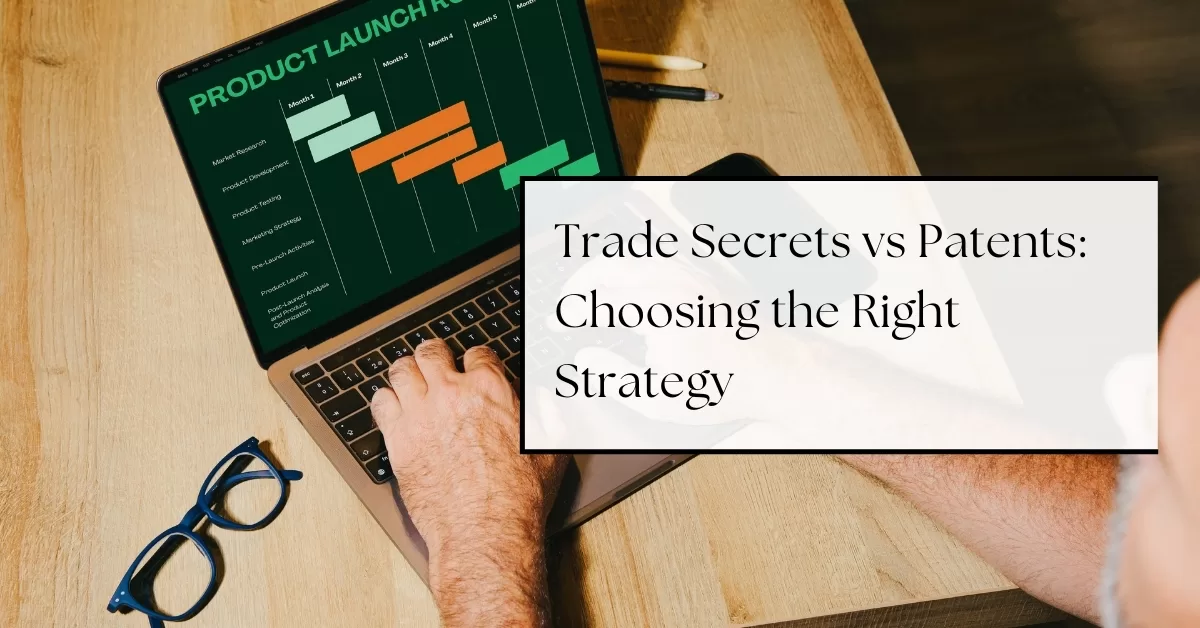A Little About Trade Secrets
Trade secret laws affect almost every business that deals in innovation and creation. A trade secret, generally, is information related to your business or product that is basically confidential and not generally known. This can be something related to how you do business, if it’s unique, new products and other matters where you have a reasonable expectation of confidentiality.
This doesn’t always work, plus there is the matter of trade secret protection being lost as soon as the secret becomes known. This factor sometimes has businesses wondering which is the best protection for their product or secret? Patent, copyright or sticking with trade secret protection?
There are many factors that go into making the right decision, and businesses would do well to get a professional consultation. What your product or secret is may make a difference, for one thing. If it’s a process that can be patented and protected for years to come, even when the secret is out, that might be the a good option. Copyrighting your work also adds a measure of protection.
If these are not available for the short term, and you must reveal some of your secret to someone else, get a well-created confidentiality agreement. Even if it’s someone you trust–it will protect both of you.
Trade Secret Protections
The Uniform Trade Secrets Act offers some measure of protection against someone obtaining your secret or work by improper means. In other words, by “theft, bribery, misrepresentation, breach or inducement of duty to maintain secrecy, or espionage through electronic or other means.”
Taking someone to court under this act can be expensive, but the act does allow for damages to be awarded. This can include any profits realized, royalties (to a reasonable point) as well as any attorney fees and court costs.
Intellectual property and patent laws have undergone a few changes over the years, and are being modified even now. It’s important to know where you stand, whether your business and product is protected, and how to keep it safe. This little overview may help, but it should not replace personal research or consultation with a professional.
Contact your Patent Attorney to learn more.


